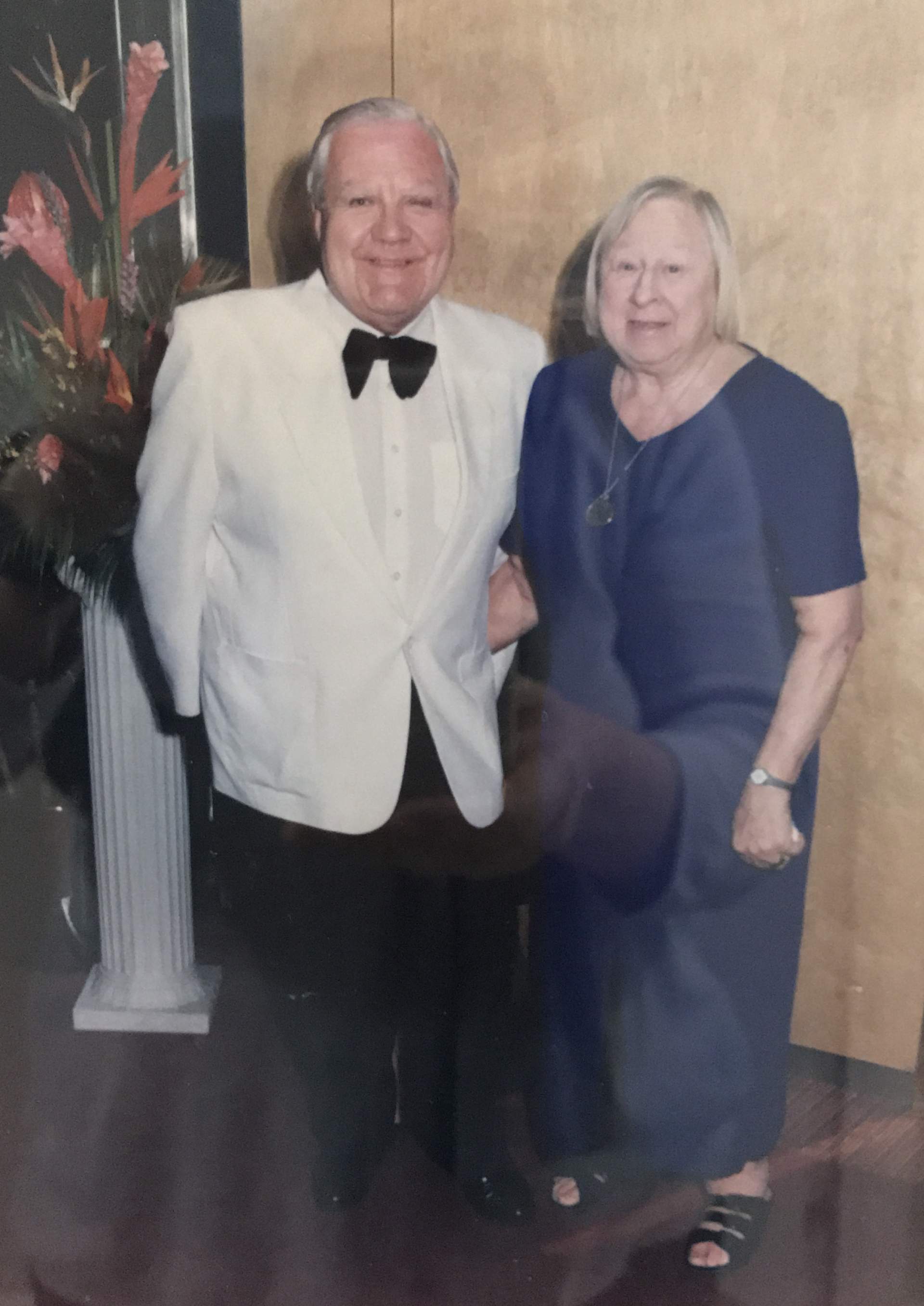We would like to use cookies to ensure we give you the best experience on our website. If you consent to us using cookies, please click on the tick.

Women have played a huge role in my education throughout my life, starting with my mother and grandmothers in the mid 1950’s.
A butcher’s daughter from Moss Side, Manchester, I was born and lived above the shop where my parents worked together. It was therefore natural for me to see my mother alongside my father, serving customers, making sausages, carving, chopping, and cutting joints of meat. Not only did this offer me a role model of partnership in which men and women played an equal role, it also meant that as a curious child open to learning and constantly asking questions, my mother acted as one of my very first teachers. I was fortunate that as the first born in my family, with parents on tap 24 hours, who included me in all they did – albeit out of necessity and practicality - I learnt from them by osmosis!
When I was not with by Mum and Dad, I was with one of my grandmothers who through the ‘childcare’ they gave me - although in working class Manchester at the time we didn’t call it that – were equally influential. My paternal grandmother, Nana Limb, would take me to the park to play and feed the ducks, and as she was a very sociable woman, I remember listening in to her endless conversations (aka gossip) with friends, neighbours, shopkeepers, bus drivers, and the like, as she went about her daily chores with me in tow. Watching, listening, copying, intervening once I could talk myself - which by all accounts was at an early age, as with my ability to stand up and walk. Learning by doing, learning through play, learning by making mistakes – all with women!
My maternal grandmother was a ‘licensed victualler’ i.e. a pub landlord. Widowed at an early age, Lilly Wiest, and her unmarried sister Mina, ran pubs around central Manchester - another example of cooperative working and independent women’s leadership - borne again out of necessity and pragmatism. In those days, the pubs closed after lunch, and I remember fondly how I would sit on the lap of my Nana Brom, as I called her, with the wireless tuned to BBC’s ‘Listen with Mother’.
Women’s voices floating over the airwaves were enchanting and empowering in ways I only really became aware of as I grew older. As television became more affordable and widespread, and my parents acquired one, as a 3–4-year-old, I graduated to ‘Watch with Mother’ introduced by the adorable Annette Mills, a pioneer of women in broadcasting.
Set to one side forgivingly any notions of unconscious prejudice that might be unearthed for contemporary readers by the mores that prevailed at the time, women were the child carers and teachers of the time. Women, therefore, were ever present in my early and formative years and it is only in the recollection of these times and experiences that I realise just how much I owe to them.
11 November 2024
11 November 2024
08 March 2024
24 December 2023
28 August 2023
31 December 2022
24 December 2022
05 May 2021